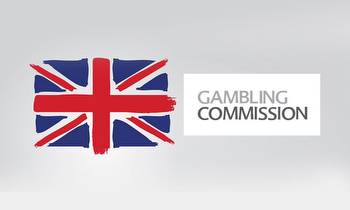Surge in Online Gambling Exposure Among Indonesian Internet Users, Populix Survey Reveals

Indonesia, a nation of over 270 million people, has recently seen a sharp increase in online gambling content exposure, with an alarming 82 percent of Indonesian internet users encountering such content over the past six months. This startling statistic was revealed in a survey conducted by Populix, titled "Understanding the Impact of Online Gambling Ads Exposure."
High Exposure to Online Gambling Ads
The study reported that a significant 63 percent of users frequently encounter online gambling advertisements while browsing the internet. The most advertised form of online gambling is slot games, followed by domino gambling, online poker, online casinos, and soccer betting pools. Vivi Zabkie, the Head of Social Research at Populix, pointed to the growing presence of online gambling advertisements across various websites and social media platforms.
Online Gambling Transactions Rise
Data from the Indonesian Financial Transaction Reports and Analysis Center (PPATK) indicated that in 2023, online gambling transactions soared, totaling Rp327 trillion across a staggering 168 million transactions by 3.29 million citizens. E-wallets emerged as the preferred mode of payment, with the majority of bets typically falling under Rp100,000.
Social Media Platforms as Gambling Ad Conduits
Platforms like Instagram, YouTube, and Facebook, along with film and gaming websites, have become hotspots for these advertisements, with some influencers even promoting gambling. The survey found that a significant 41 percent of respondents felt tempted to visit gambling sites after viewing these ads, while 16 percent confessed to participating in online gambling.
Public Support for Gambling Restrictions
The survey, which included 1,058 participants primarily composed of working-class Generation Z and millennials from Java Island, also revealed that 74 percent of respondents support government actions to restrict access to online gambling content. This indicates a strong public desire for regulatory intervention to curb the increasing prevalence of online gambling advertisements.

































